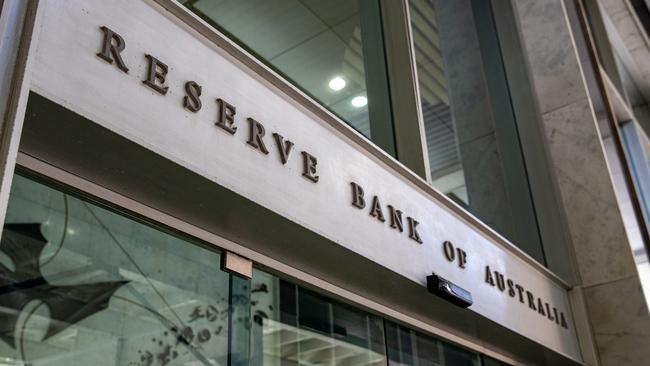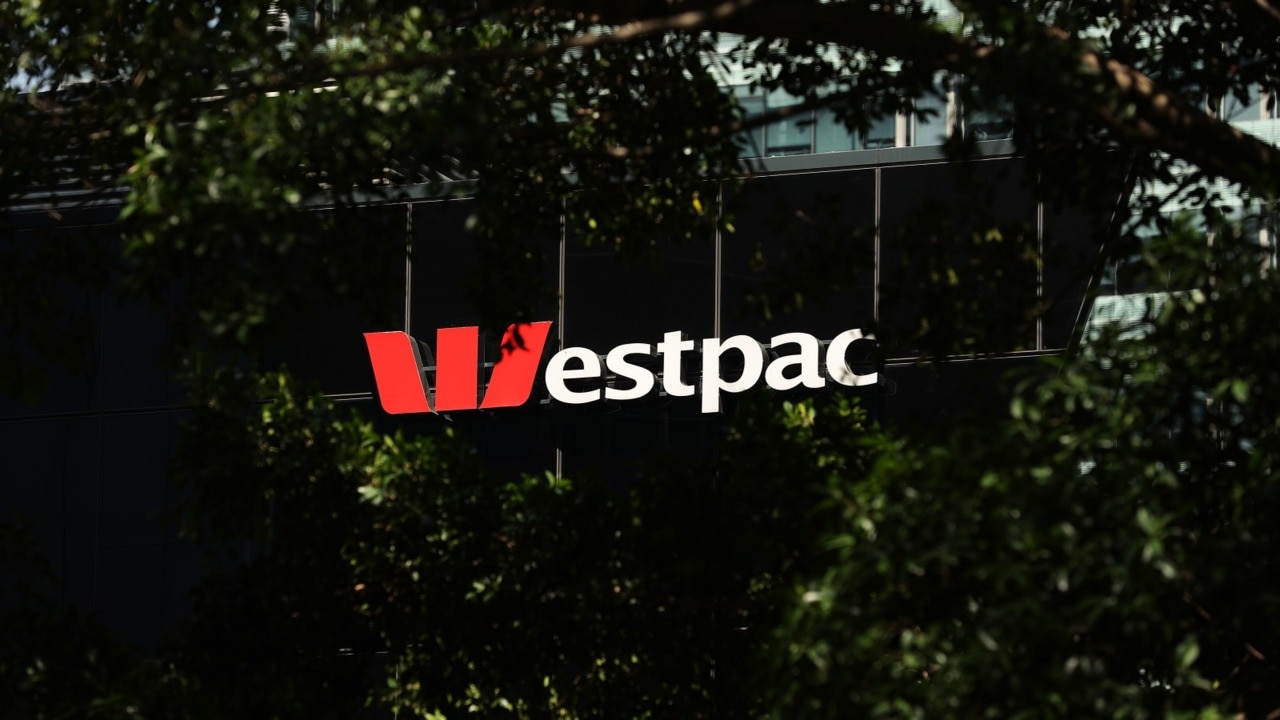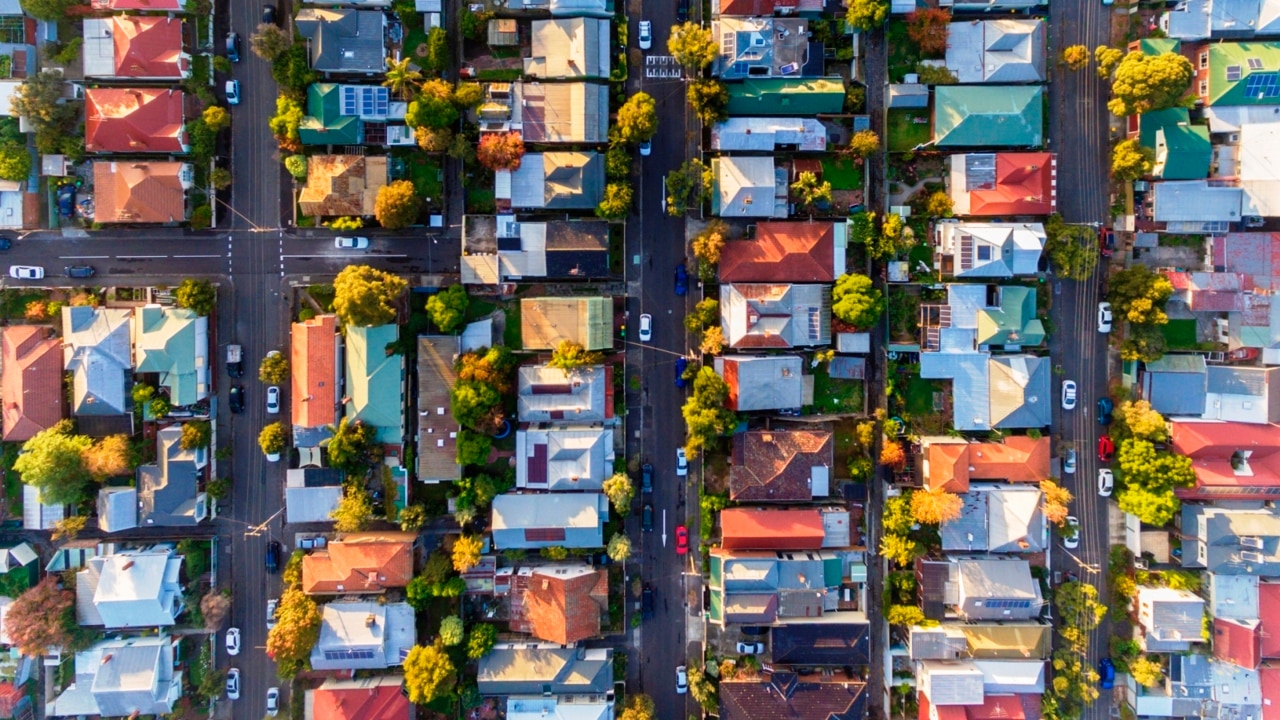Reserve Bank signals rates pause amid productivity warning
The Reserve Bank could pause its monetary tightening within a fortnight, but the prospect of rate relief is tinged with fears poor productivity growth risks entrenching high inflation.

The Reserve Bank could pause its relentless monetary tightening within a fortnight, but the prospect of rate relief for borrowers is tinged with a fresh warning Australia’s woeful productivity growth is chronic and risks entrenching high inflation.
According to minutes from this month’s board meeting, published on Tuesday, the RBA said its 3.6 per cent cash rate target was in “restrictive territory”, while the economic outlook was increasingly uncertain, so it would consider a pause at its next policy meeting on April 4.
“It would be appropriate at some point to hold the cash rate steady, to assess more fully the effect of the interest rate increases to date,” the minutes said.
“Members agreed to reconsider the case for a pause at the following meeting, recognising that pausing would allow additional time to reassess the outlook for the economy. At what point it will be appropriate to pause will be determined by the data and the board’s assessment of the outlook.”
Amid the turmoil of US and European bank failures, global financial markets are now pricing in an end to central bank interest rate hikes, even implying rate cuts this year, because of fears of recession.

Westpac chief economist Bill Evans said it was clear the RBA took into account market pricing in its decisions and “with the market response to the global disruptions to the financial sector, this pricing has fallen to below 3.6 per cent”, meaning “no further rate hikes, with the possibility of rate cuts”.
“At the time of the board meeting market pricing supported the view that, in the case of the RBA, nearly 75 more basis points of tightening were likely to follow the March meeting,” Mr Evans said. “Now that pricing has fallen away completely.”
CBA head of Australian economics Gareth Aird said the recent storm in global financial markets due to the failure of Silicon Valley Bank was likely to be a secondary consideration for the RBA “given the Australian banking system is very well regulated and capitalised”.
“Reading between the lines, it is clear that the RBA would like to pause in the tightening cycle,” Mr Aird said. “But the board wants to see sufficient evidence in the domestic economic data that demand is cooling.”
The RBA will now focus on the February retail trade and consumer price index figures, to be published next Tuesday and Wednesday, in considering its move.
But the minutes show it is worried about Australia’s abysmal productivity performance, before and after the disarray of Covid-19, and its effect on inflation, which is running at an annual headline rate of 7.8 per cent, or triple the midpoint of the RBA’s target range.
The RBA board noted wages had increased solidly in the December quarter, driven by the private sector, although there had been several shifts in the composition of the jobs market.
“Looking through this volatility, members observed that over the preceding three years productivity had not increased in net terms, even as the disruption from the pandemic had largely ended, and therefore had not provided any offset to rising labour costs,” the minutes said.

“As a result, unit labour costs had risen at an annual rate of more than 3 per cent over that period.
“While it was viewed as likely that headline inflation had peaked at the end of 2022, core inflation remained too high. Members noted that the staff’s most recent forecasts were for inflation to return to the 2-3 per cent target only by mid-2025, and this was on the assumption that the cash rate is increased a little further.
“In addition, the national accounts had highlighted that productivity had not increased even at the slow rate recorded in the years before the onset of the pandemic; if this continued, it could mean that inflation could be more persistent than previously thought.”
A five-yearly performance review by the Productivity Commission, published on Friday, said the nation’s productivity had slumped to a six-decade low.
It urged the Albanese government to embrace a bolder reform agenda, including more flexible workplaces, better skilled migration settings, more efficient government service delivery and an economy-wide carbon-pricing framework.
The RBA minutes said the outlook for consumption “remained a key source of uncertainty”.
“Consumption growth had slowed significantly, as real incomes fell because of high inflation, rising tax receipts and increased interest payments, and as housing prices declined,” the bank said.
“The staff’s most recent forecasts assumed that consumption growth would remain subdued for some time, but it was possible that growth could slow by more than expected given very low levels of consumer confidence.”
Measured consumer confidence decreased for a fourth consecutive week and remains at very low levels, according to ANZ and Roy Morgan.








To join the conversation, please log in. Don't have an account? Register
Join the conversation, you are commenting as Logout